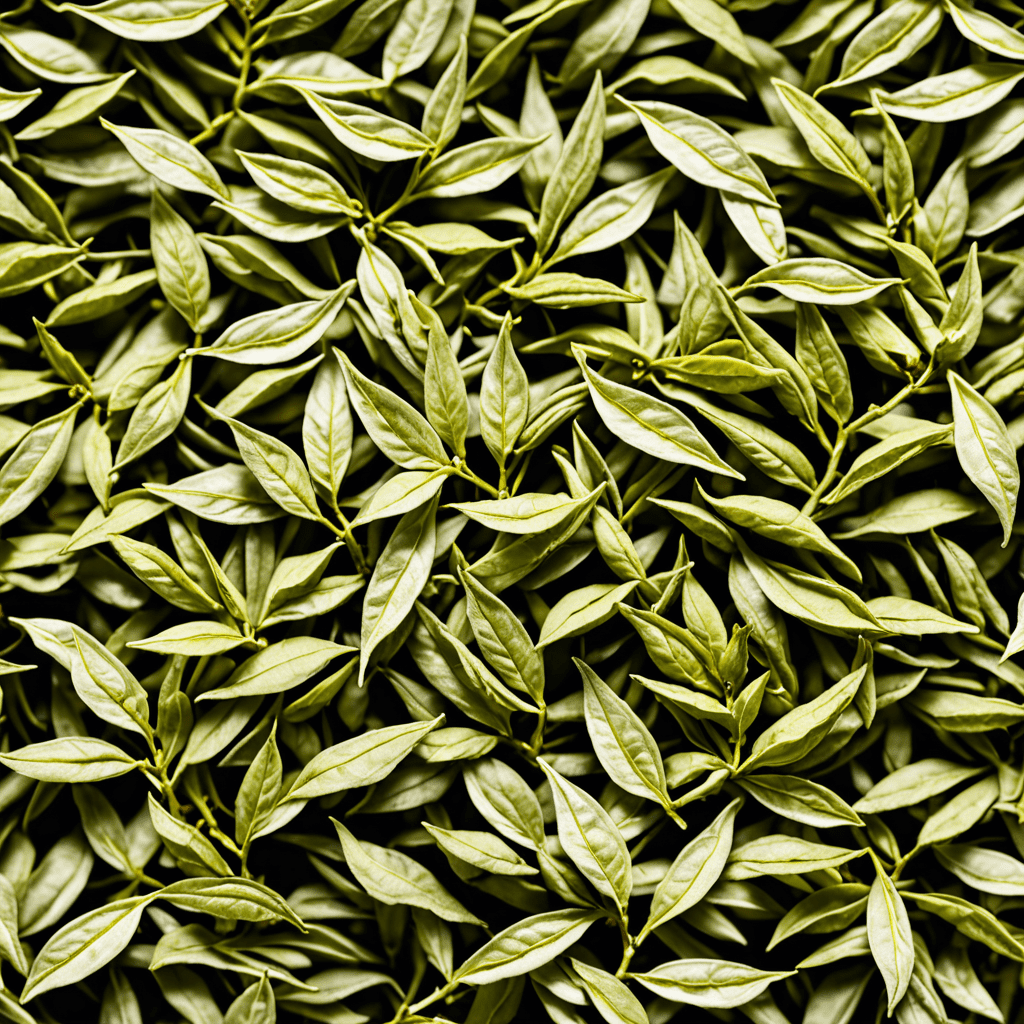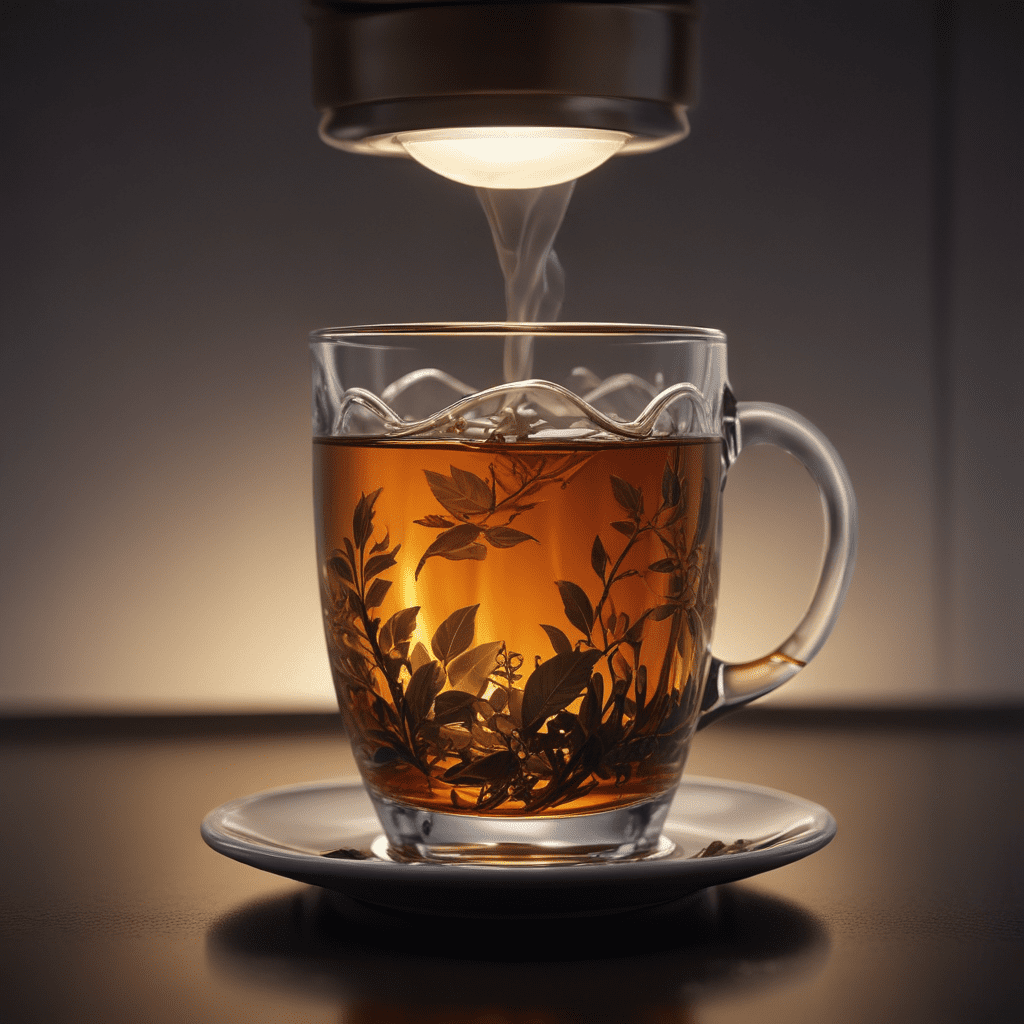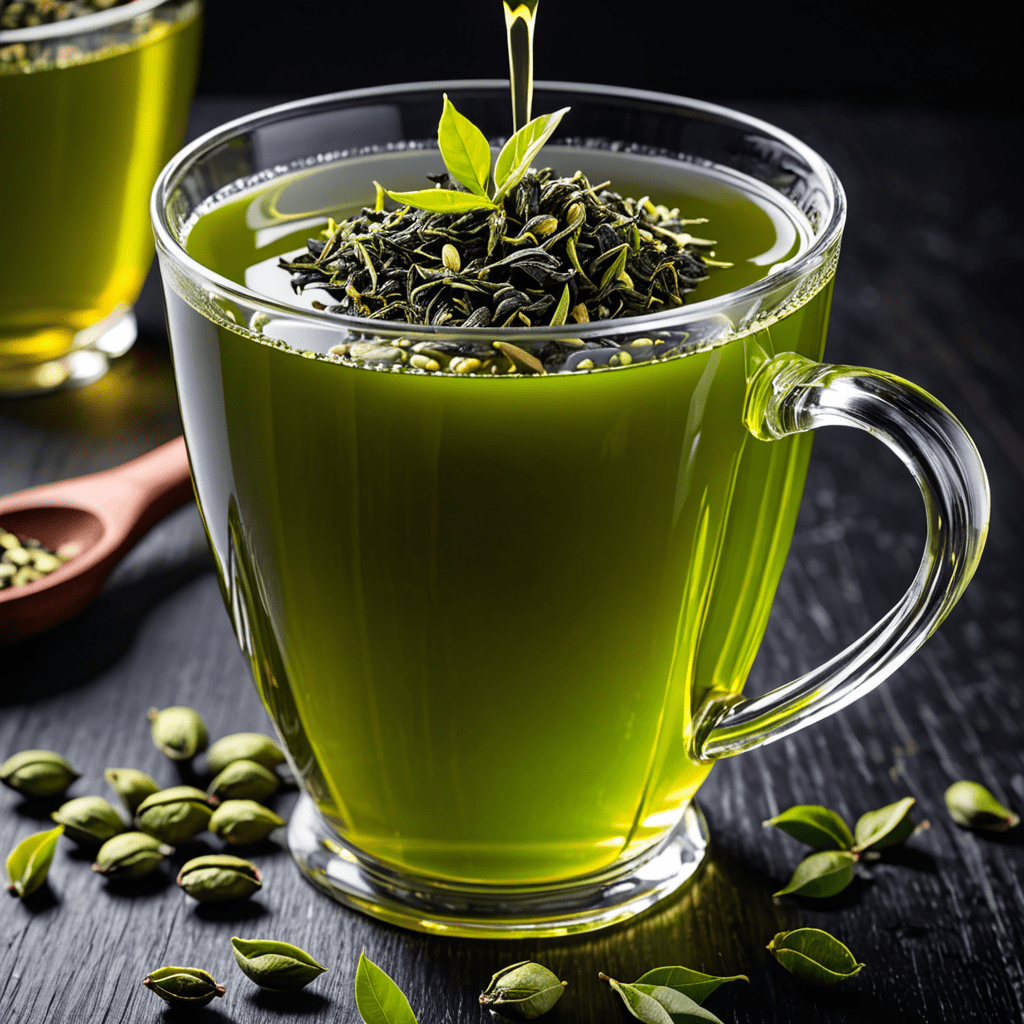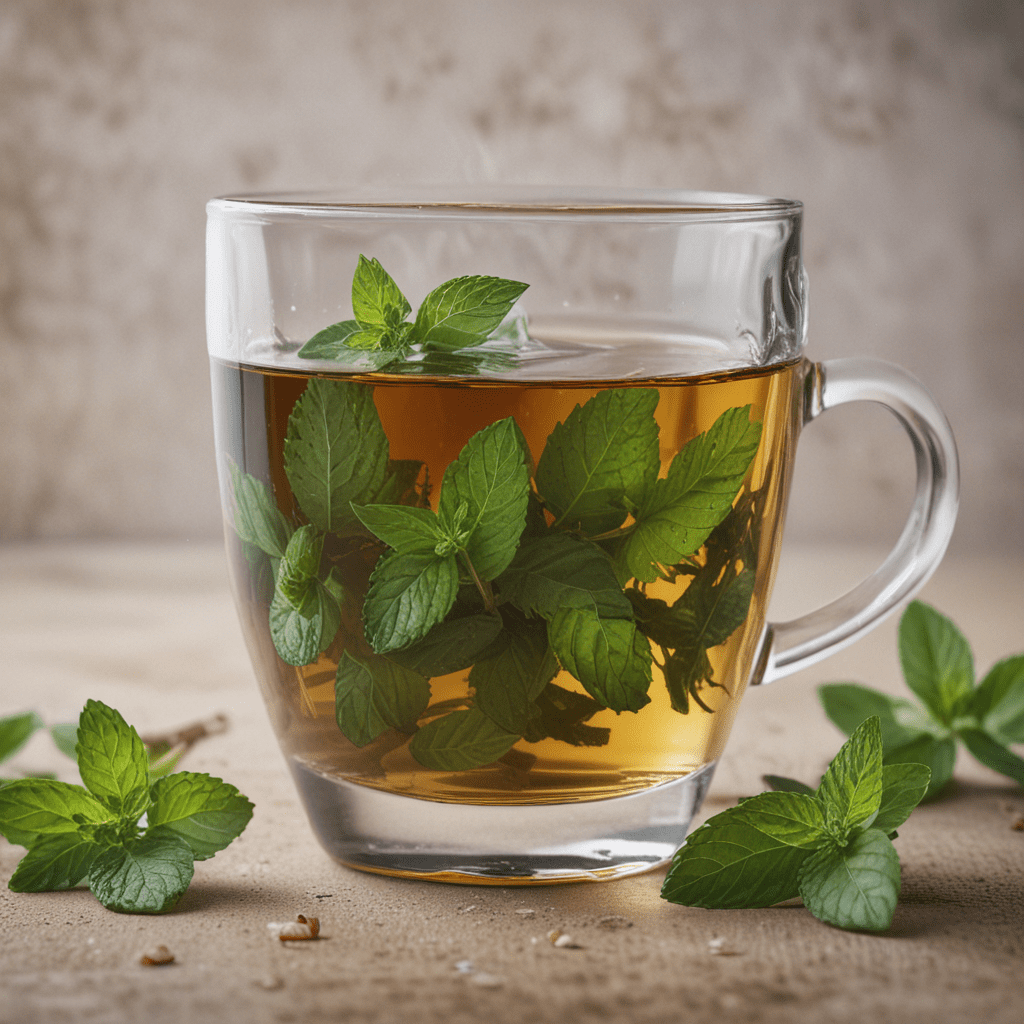
White Tea: A Treat for Your Taste Buds
White tea has gained popularity in the recent years due to its delicate flavor and potential health benefits. This subtle and refreshing beverage is more than just a treat for your taste buds; it offers a unique drinking experience that appeals to many tea lovers. Let’s explore what makes white tea special and why it deserves a place in your pantry.
What is White Tea?
White tea is a type of tea made from young and minimally processed tea leaves and buds. It is harvested before the tea plant’s leaves open fully, resulting in a tea with a light color and delicate flavor. The minimal processing helps retain the natural antioxidants and nutrients present in the tea leaves, making white tea a healthier choice.
Flavor Profile
White tea offers a mild and subtle flavor, often described as floral, sweet, and slightly fruity. It lacks the grassy or bitter notes common in other types of tea, making it a refreshing and soothing choice for tea enthusiasts. Its gentle taste makes it an excellent option for those new to tea or seeking a beverage with minimal astringency.
Health Benefits
White tea is known for its potential health benefits, attributed to its high levels of antioxidants such as catechins. These antioxidants are believed to have anti-inflammatory and anti-aging properties, as well as the potential to support heart health and boost the immune system. Additionally, white tea contains minimal caffeine, making it a great option for individuals looking to reduce their caffeine intake.
Preparing White Tea
Brewing white tea is a straightforward process. The delicate nature of white tea leaves requires careful handling to bring out the best flavors. Optimum water temperature for brewing white tea is around 160-185°F (71-85°C), and the steeping time is typically shorter than that of other tea types, usually around 2-4 minutes. Oversteeping can result in a bitter taste, so it’s important to pay attention to the brewing time.
Types of White Tea
White tea comes in various types, with Silver Needle and White Peony being among the most popular. Silver Needle, also known as Bai Hao Yinzhen, consists of only the tender buds of the tea plant and offers a subtle, slightly honey-like flavor. White Peony, or Bai Mu Dan, includes both buds and larger leaves, providing a slightly stronger and more robust taste compared to Silver Needle.
Why Choose White Tea?
White tea’s delicate flavor, potential health benefits, and minimal processing make it a sought-after choice for tea enthusiasts. Whether enjoyed hot or cold, its subtle taste and soothing properties offer a welcome respite from the hustle and bustle of everyday life. Embrace the gentle allure of white tea and savor a beverage that not only delights your taste buds but also nourishes your body.
FAQ About White Tea: A Treat for Your Taste Buds
What is White Tea?
White tea is a delicate, minimally processed tea made from young tea leaves and buds of the Camellia sinensis plant. It is known for its subtle flavor and light, floral aroma.
How is White Tea Different from Other Teas?
White tea undergoes minimal oxidation, giving it a lighter color and flavor compared to black or green tea. It is typically brewed at lower temperatures and for shorter durations.
What Are the Health Benefits of White Tea?
White tea is rich in antioxidants, which may help protect the body from various diseases. It also contains catechins, compounds that may promote heart health and reduce the risk of cancer.
How Should White Tea be Prepared?
To make the perfect cup of white tea, use water that is around 175°F (80°C) and steep the tea for 2-4 minutes. It’s best enjoyed without milk or sugar to fully savor its delicate flavor.
Does White Tea Contain Caffeine?
Yes, white tea naturally contains caffeine, but in lower amounts compared to black or green tea. It can provide a gentle energy boost without the jitteriness often associated with high-caffeine


